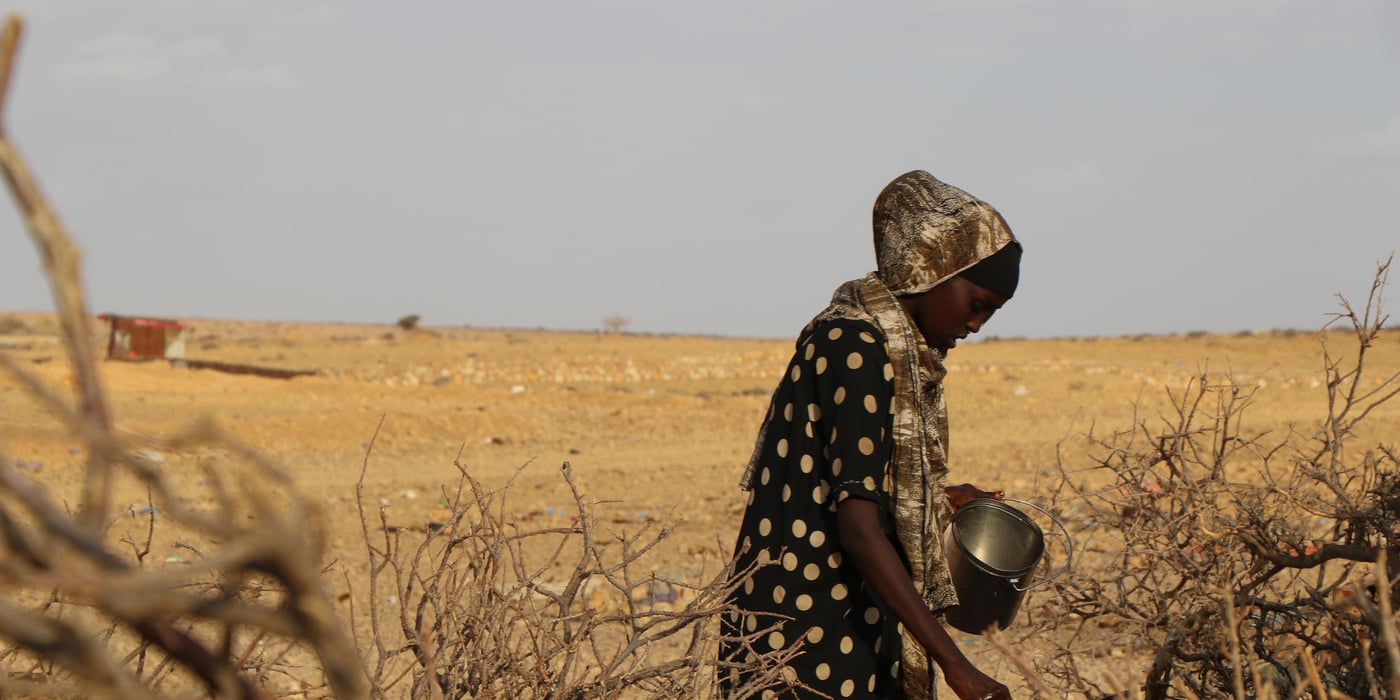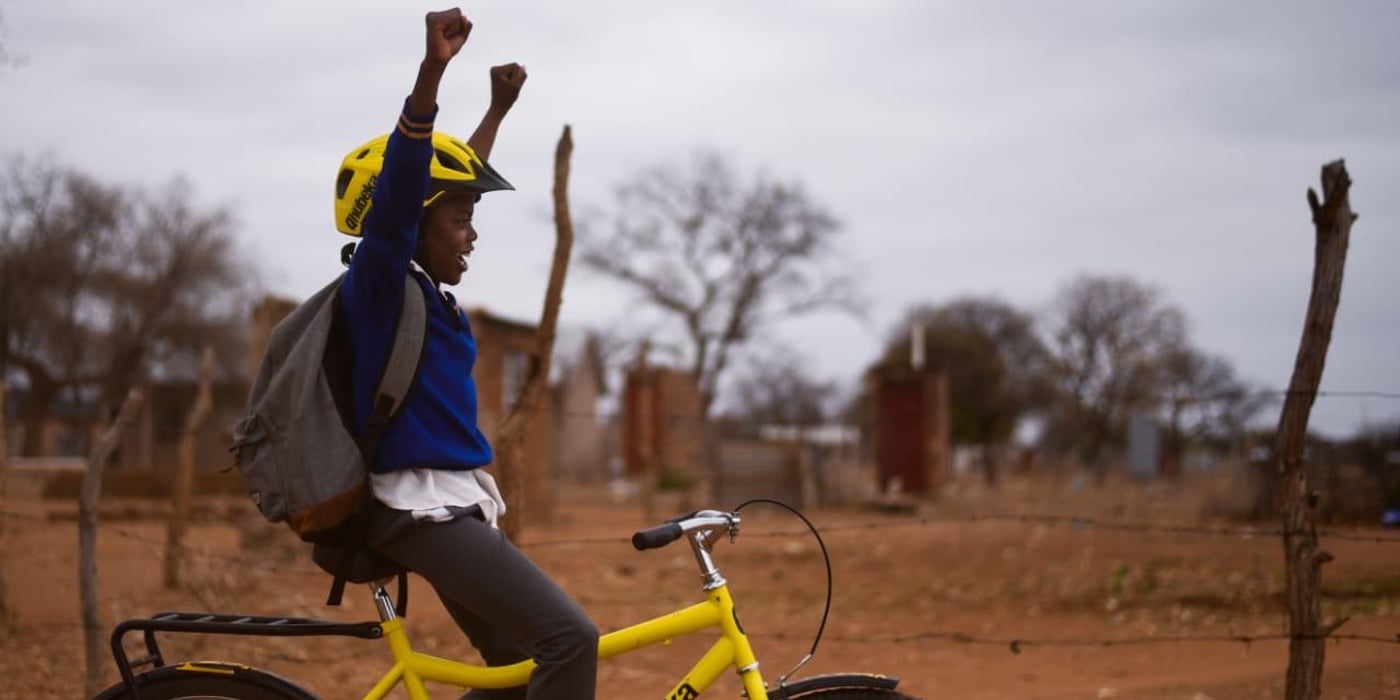
It was a Friday afternoon in 1980. Ismail and his family had just returned home from the mosque. They were having lunch when they heard the first gunshots. At first, they did not understand what was happening. It was not until a woman came by their house, urging them to leave immediately, that they understood the severity of the gunfire.
“We were confused, we didn’t know what to bring or which direction to run.”
Their lives were turned upside down in a matter of just a few minutes. Ismail’s father was not home, while his mother decided to stay behind. He and his five siblings took what they could carry and started walking towards what would be their new home in Kaya, South Sudan. Before nightfall, they set up camp by a nearby river. Ismail was terrified as he spent his first night outside his home, uncertain if he would ever be able to return.
A dangerous road to safety
Alone in the bush the siblings continued their journey. Unable to reach their destination before dark they prepared for a second night outside. Luckily a stranger sympathised with them and gave them food and shelter for the night. Next morning they entered their last and most dangerous part of the journey.
The road through Keri in the Koboko district of Uganda was caught in the middle of the fighting between government forces and armed opposition groups. On the way through Ismail suddenly became sick and had to rest. His siblings saw no other options than to carry on without him. He was left alone under a tree, in the middle of an active war zone.
A man passing by discovered him lying there. He felt sorry for Ismail and brought him with him. He helped him to safety and later that day Ismail was reunited with his brothers and sisters at his uncle’s home in Kaya in South Sudan.
Joining NRC
27 years later, Ismail joined NRC as a Project Coordinator in Uganda, helping South Sudanese refugees to return to their homes. Inspired by the man who once helped him to safety in his greatest hour of need, he is grateful that he now can do something the same for others.
“I felt what it means to be displaced. I am happy that I have been given an opportunity to assist the children who are displaced and separated from their parents like I was. I compare what I do to that man who found me helpless under the tree.”
Because of his own experience, Ismail feels especially connected to children. He often shares his story as an example to remind them to be strong and that not all hope is lost. No matter how impossible it all seems the only thing you can do is to do your best. Ismail always says:
“Life is a complicated puzzle, do what you can and do it well.”




